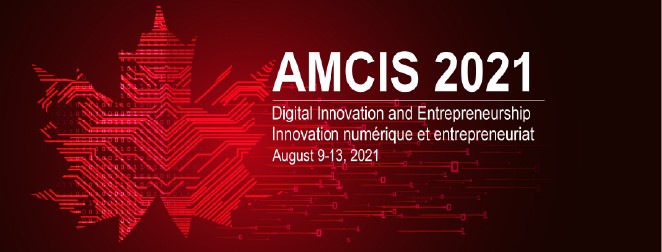Strategic and Competitive Uses of Information & Digital Technologies (SCUIDT)
Loading...
Paper Type
Complete
Paper Number
1763
Description
IS resilience addresses the challenge of securing organizational information systems against disruptions to ensure the continuation of daily business processes and to guarantee the resilience of the organization as a whole. In this paper, we adopt Agency Theory and Weill’s IT Governance framework to investigate the decision priorities of senior executives in the context of IS resilience planning, which falls under the broader umbrella of IT governance. The management of IS resilience involves different fields of action types and interests which decision-makers within organizations must confront. This is of special importance for small- to medium-sized companies (SMEs) where IS often is not a dedicated or small corporate function. This paper identifies distinctive character types of corporate decision-makers at SMEs in a European context and their priorities in IS resilience. The study was performed using Q-methodology. It was able to identify and describe three additional types of decision-makers in comparison to previous research thereby clearly showing that the field has progressed. These character types provide an informative insight into the priorities of IS resilience planning in SMEs and show differences and commonalities between decision-makers.
Recommended Citation
Sarkar, Amitrajit and Traubinger, Thomas, "IS Resilience Decision Priorities at German SMEs: A Q-Method Approach" (2021). AMCIS 2021 Proceedings. 19.
https://aisel.aisnet.org/amcis2021/strategic_is/strategic_is/19
IS Resilience Decision Priorities at German SMEs: A Q-Method Approach
IS resilience addresses the challenge of securing organizational information systems against disruptions to ensure the continuation of daily business processes and to guarantee the resilience of the organization as a whole. In this paper, we adopt Agency Theory and Weill’s IT Governance framework to investigate the decision priorities of senior executives in the context of IS resilience planning, which falls under the broader umbrella of IT governance. The management of IS resilience involves different fields of action types and interests which decision-makers within organizations must confront. This is of special importance for small- to medium-sized companies (SMEs) where IS often is not a dedicated or small corporate function. This paper identifies distinctive character types of corporate decision-makers at SMEs in a European context and their priorities in IS resilience. The study was performed using Q-methodology. It was able to identify and describe three additional types of decision-makers in comparison to previous research thereby clearly showing that the field has progressed. These character types provide an informative insight into the priorities of IS resilience planning in SMEs and show differences and commonalities between decision-makers.
When commenting on articles, please be friendly, welcoming, respectful and abide by the AIS eLibrary Discussion Thread Code of Conduct posted here.


